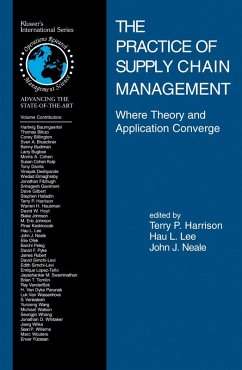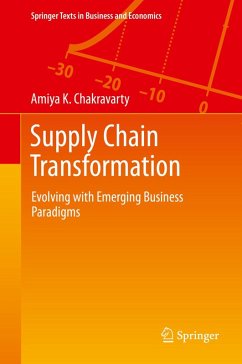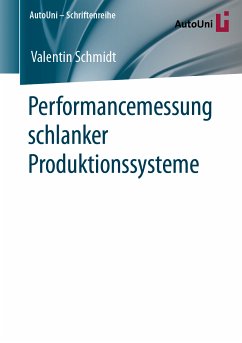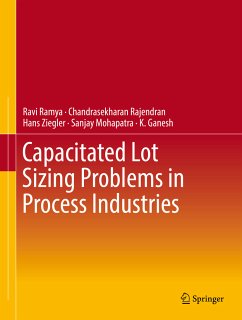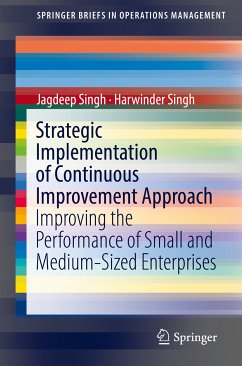
Advanced Planning in Supply Chains (eBook, PDF)
Illustrating the Concepts Using an SAP® APO Case Study
Versandkostenfrei!
Sofort per Download lieferbar
52,95 €
inkl. MwSt.
Weitere Ausgaben:

PAYBACK Punkte
26 °P sammeln!
Advanced Planning Systems (APS) are a key enabler of the supply chain management. However, APS are highly complex and difficult to comprehend. This book provides students with valuable insights into the capabilities of state-of-the-art APS and bridges the gap between theory (model building and solution algorithms), software implementation, and adaptation to a specific business case. Our business case - named Frutado - provides a unifying framework for illustrating the different planning tasks that arise in a company - from demand planning to the distribution of goods - that are addressed by AP...
Advanced Planning Systems (APS) are a key enabler of the supply chain management. However, APS are highly complex and difficult to comprehend. This book provides students with valuable insights into the capabilities of state-of-the-art APS and bridges the gap between theory (model building and solution algorithms), software implementation, and adaptation to a specific business case. Our business case - named Frutado - provides a unifying framework for illustrating the different planning tasks that arise in a company - from demand planning to the distribution of goods - that are addressed by APS. In addition, the book guides through interactive learning units which have been created and recorded for each module of SAP¿s APS. Learning units can be downloaded free of charge ready to be displayed in a web browser. Together, the textbook and the learning units provide the required skills to better understand the concepts, models, and algorithms underlying today¿s APS.
Dieser Download kann aus rechtlichen Gründen nur mit Rechnungsadresse in A, B, BG, CY, CZ, D, DK, EW, E, FIN, F, GR, HR, H, IRL, I, LT, L, LR, M, NL, PL, P, R, S, SLO, SK ausgeliefert werden.





